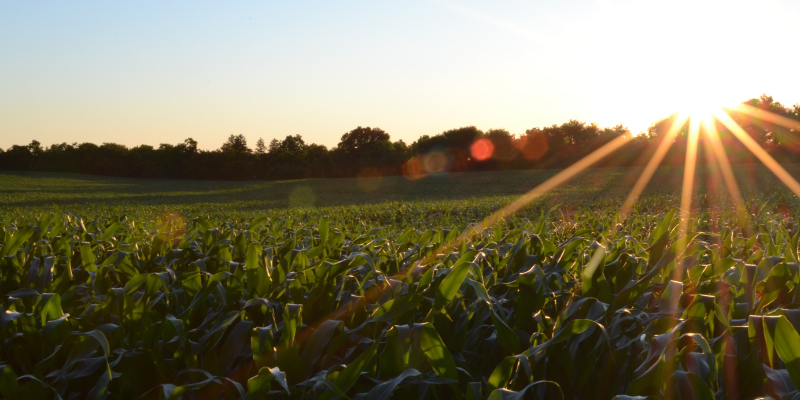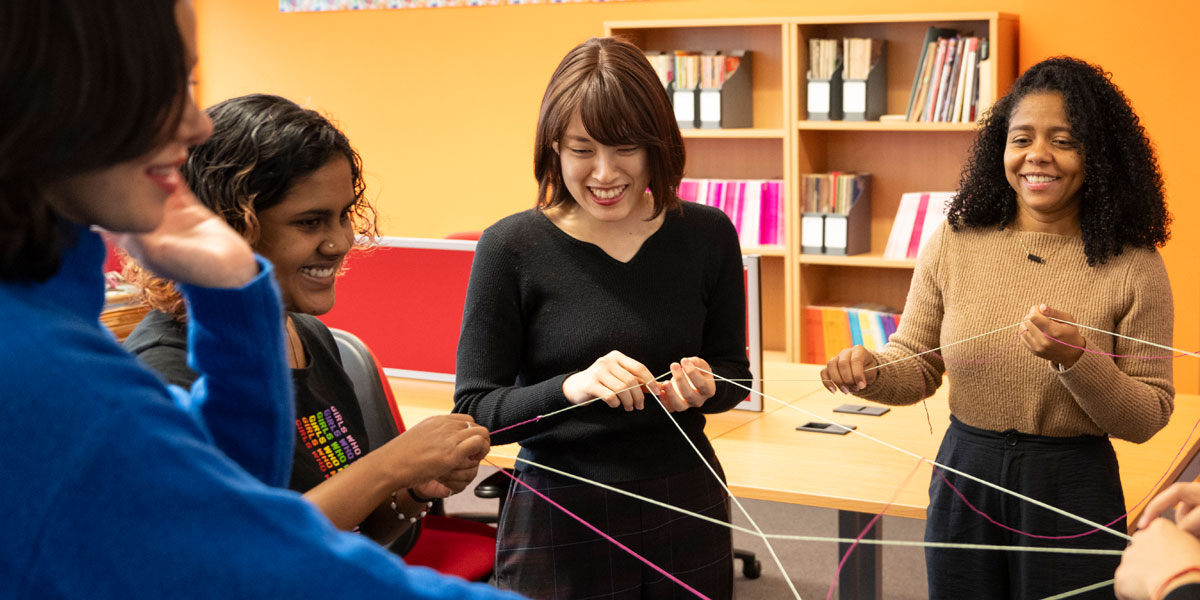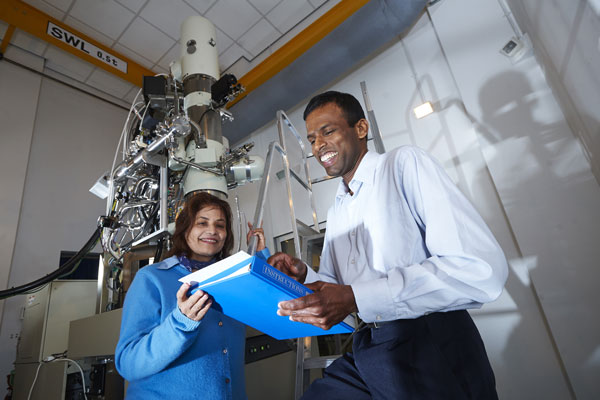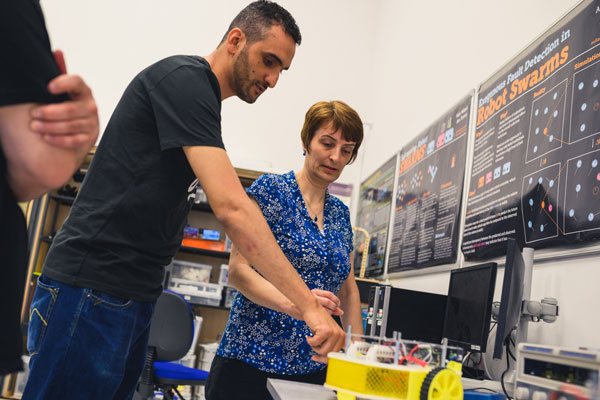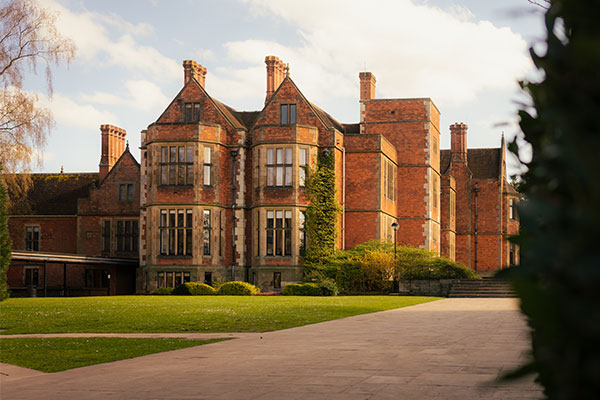At York, our research focuses on real-world impact. This is a place where brave and independent minds work together towards a better future for all.
Since we opened our doors in the early 1960s, we’ve put people and society at the heart of our work.
Our research addresses societal inequalities, moves us towards a sustainable future and finds better ways to ensure technology is safe and trusted. We seek new treatments for physical illness and greater understanding of mental health issues. And we explore our heritage to better understand human experience in the past, present and future.
Today, our commitment to driving positive change through research and innovation is stronger than ever.

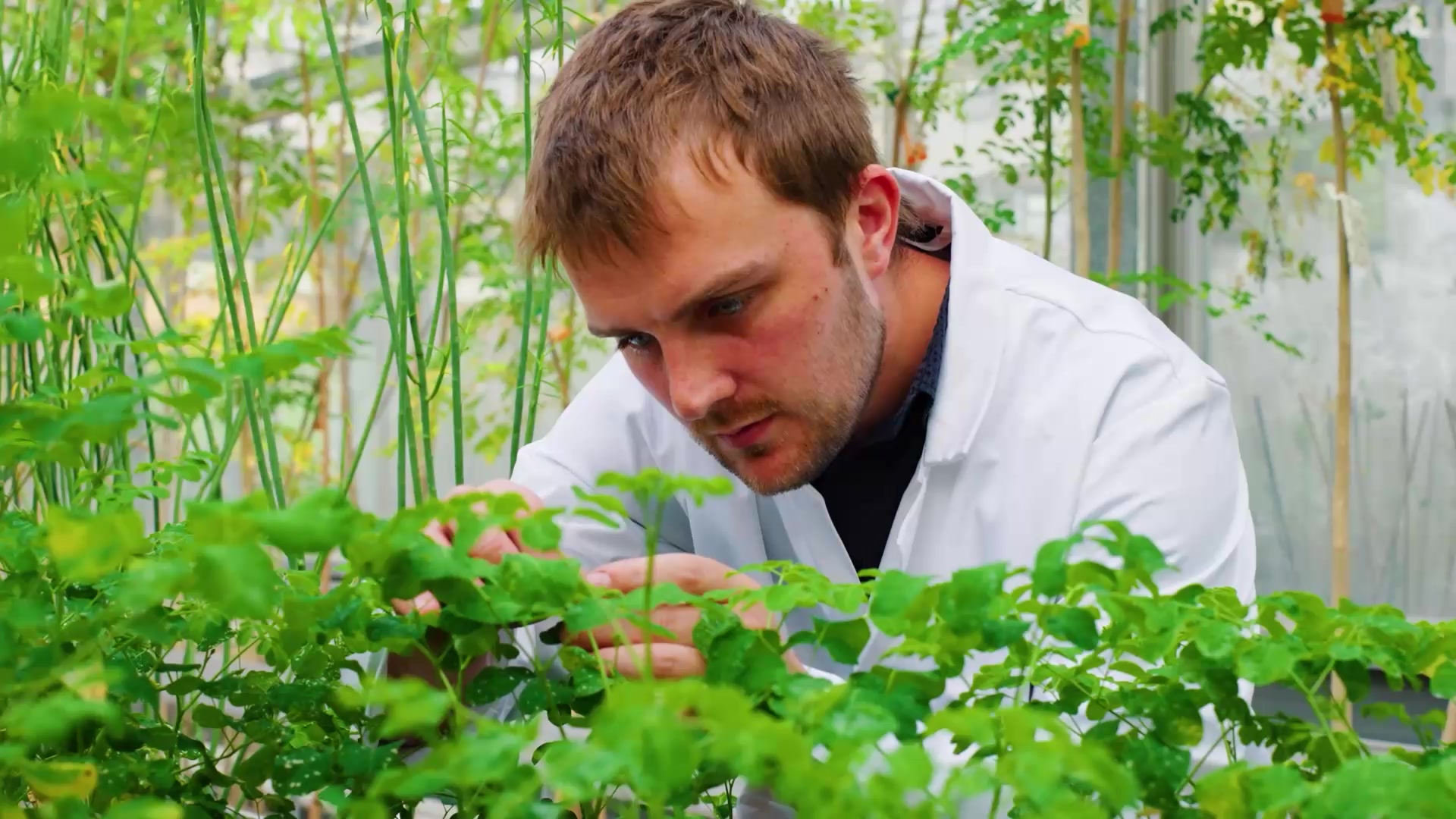

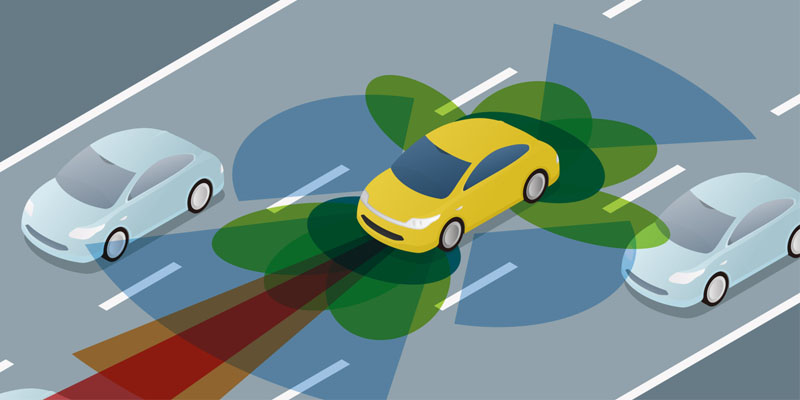
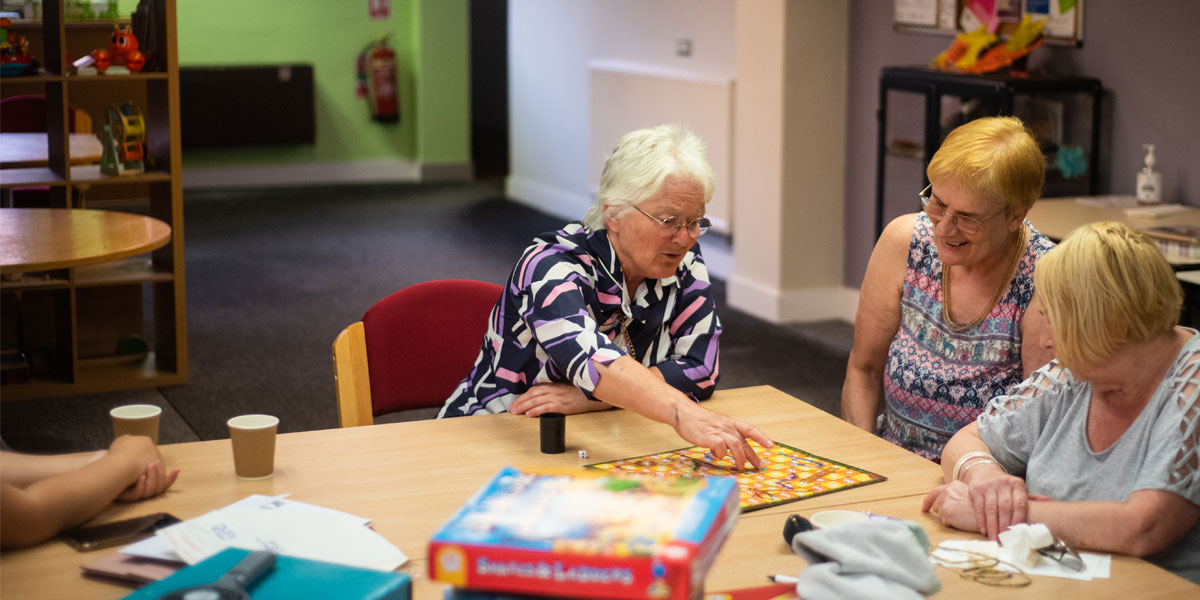





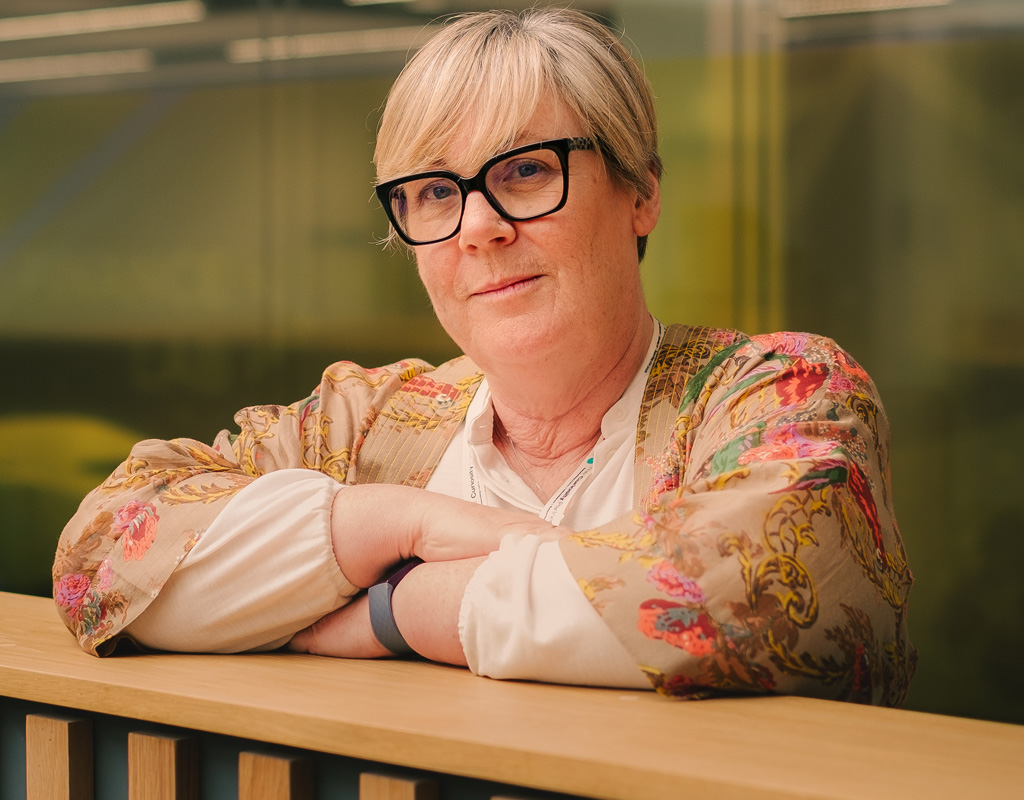
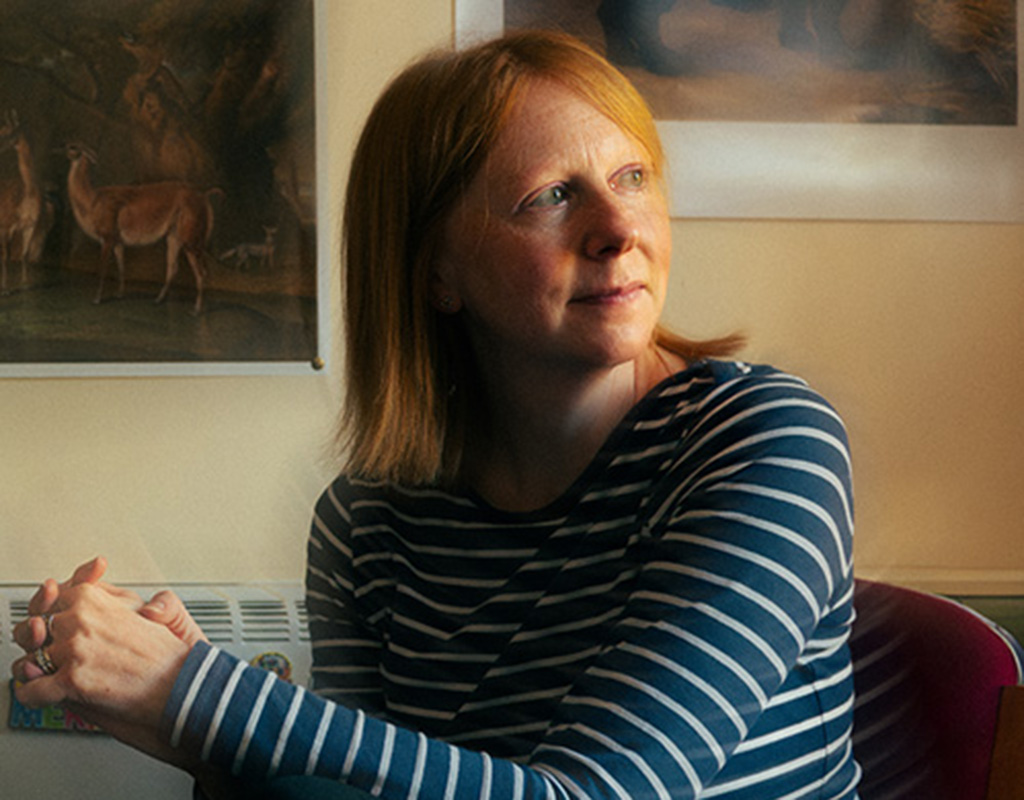
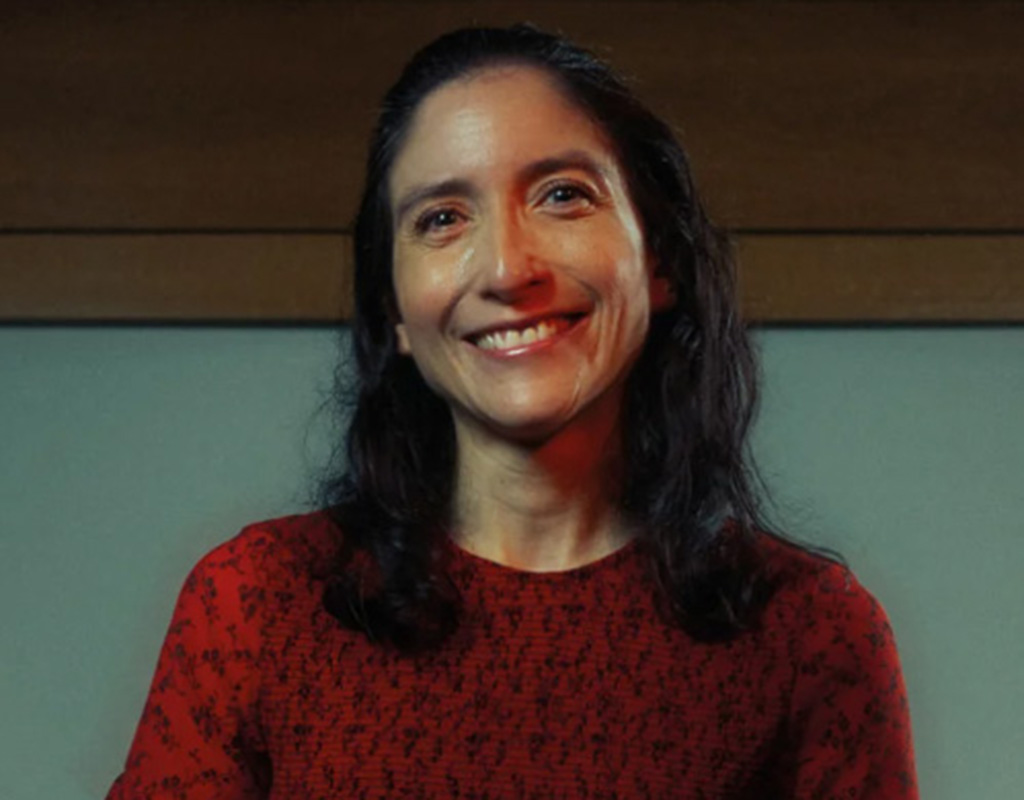
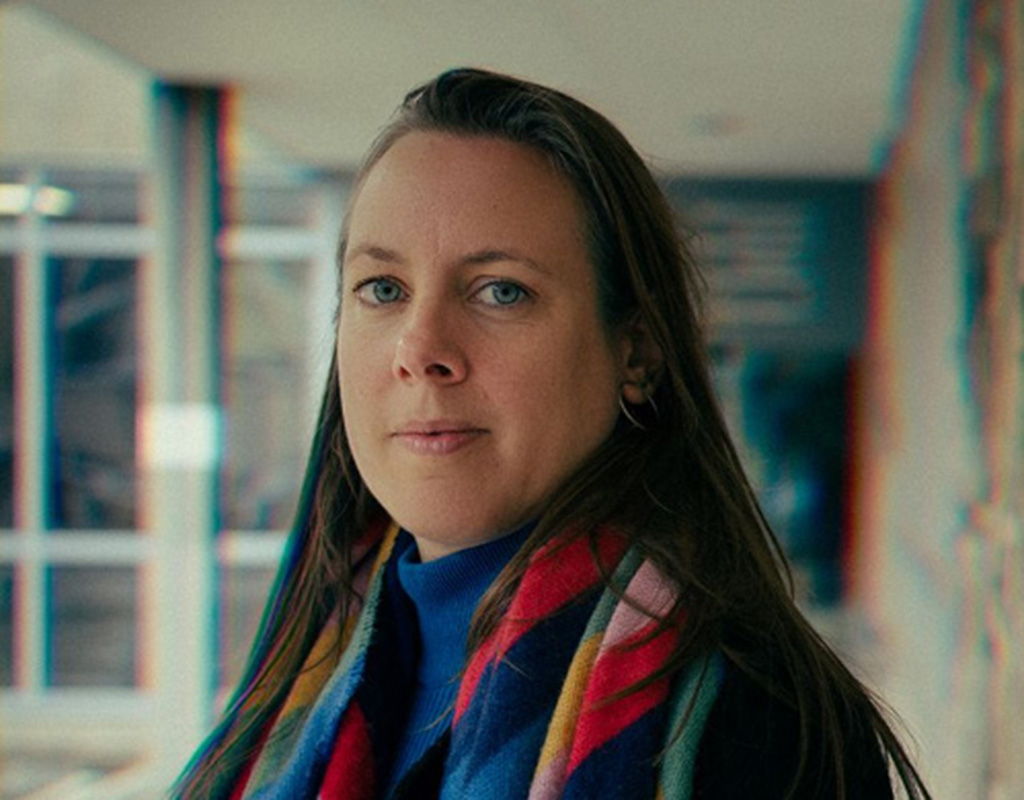
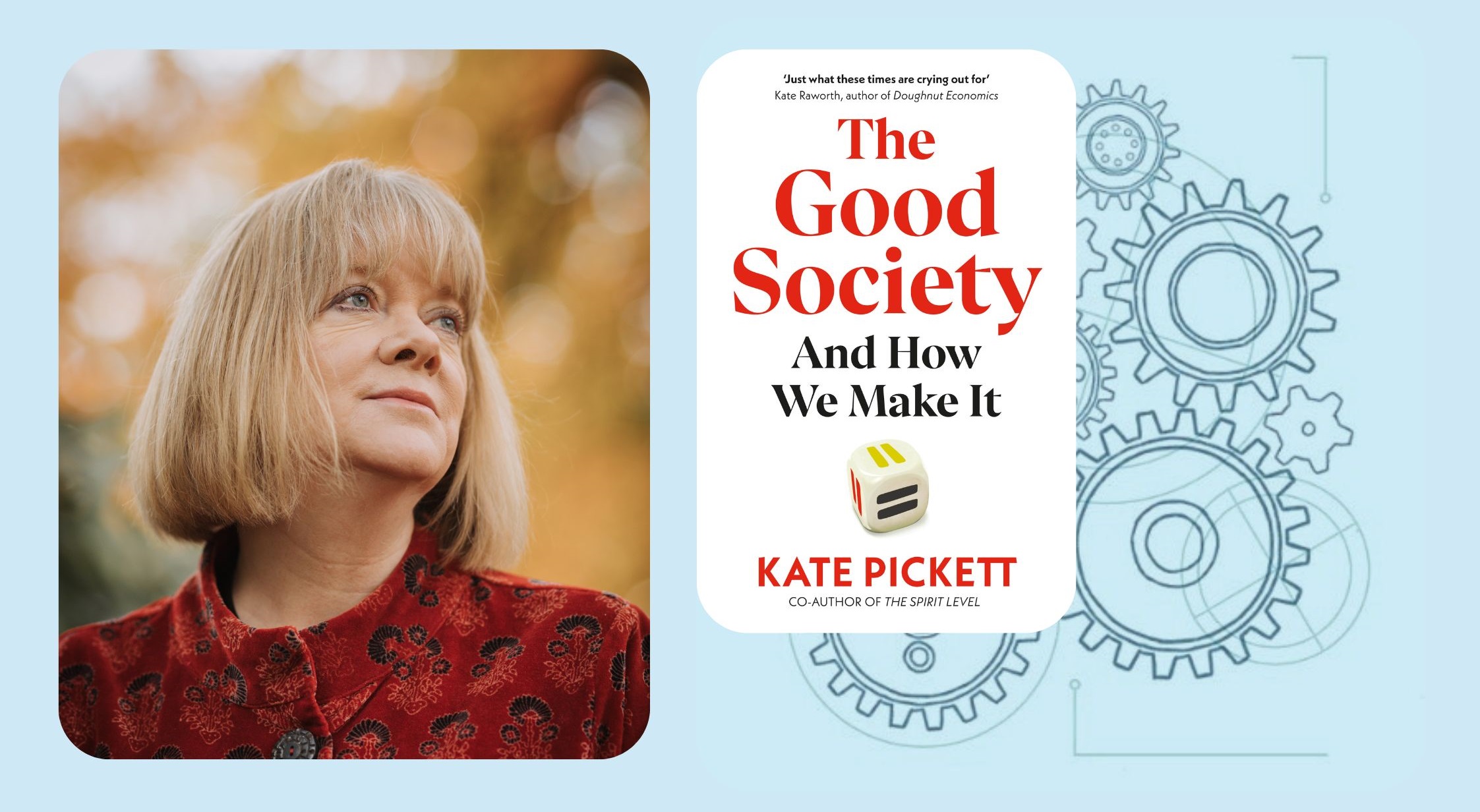

.jpg)
